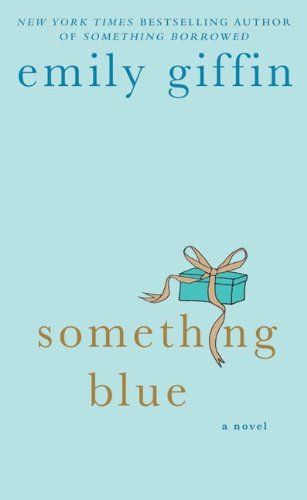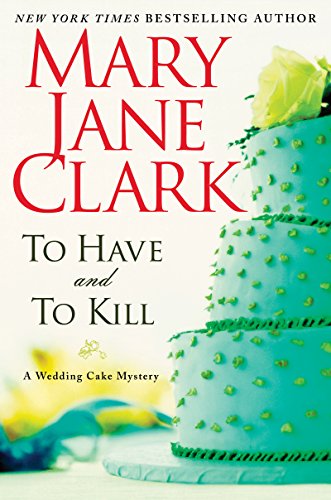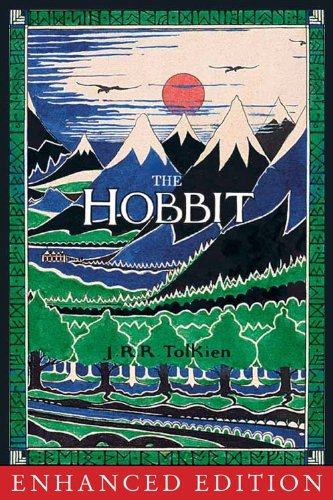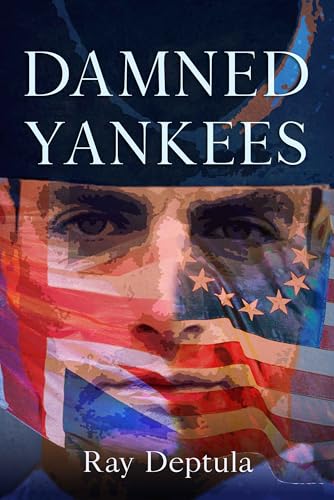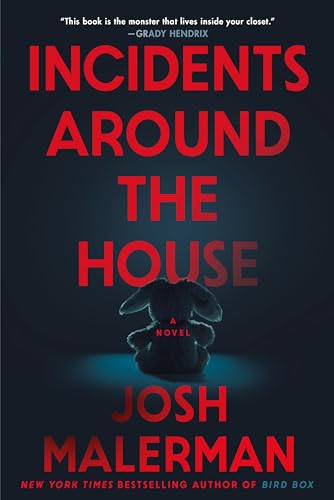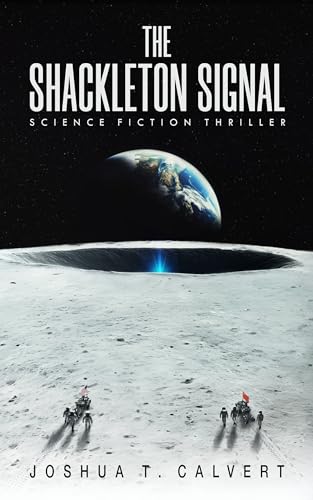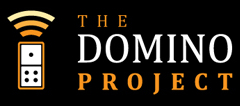
In today’s Publetariat Dispatch, April L. Hamilton offers her simple method for achieving Inbox Zero.
Inbox Zero is that state of digital communications nirvana in which you empty your email inbox, and keep emptying it on a daily basis. This may sound like a pipe dream to many, especially if you’ve had your email account for many years and your inbox message count is hovering somewhere around 1700, as mine was when I finally bit the bullet and tackled Inbox Zero. But believe me: it can be done, it’s not that difficult, and you don’t need to worry about the possibility of deleting messages you’ll later wish you hadn’t. First, let’s look at why Inbox Zero is a very, very good idea.
THE WHY
If you’re like me, you receive anywhere from 15-40 new emails on a daily basis. Some can be immediately deleted as spam, or filed in some existing folder, but many of them fall into that gray area where you know you’ll need to take some action or respond in some way, but can’t do so immediately for whatever reason. Maybe you need to do some research, maybe you need to invest some time in crafting a thoughtful reply…whatever. So you make a mental note to deal with those “gray area” emails at your first opportunity, and maybe you even mark them with a star or checkmark or whatever other symbol your email program allows to highlight important messages, then the next load of 15-40 new messages comes in and the “gray area” emails slowly but surely get pushed off your inbox screen and are soon forgotten.
Next thing you know, you’ve got 1700 emails in your inbox, you know that quite a few of them required a response or action at some point, and you also know that finding them will be a big, hairy pain. And even if you can find them, it’s probably too late to take whatever action you had in mind when you first saw them. Meanwhile, the people who sent those emails are thinking you’re a huge flake and entirely unreliable. These are not good traits for the reputation of an indie author, for whom building and maintaining a contact network are important.
You’ve thought about spending a day, or several days, or a week going through your inbox one message at a time and dealing with them once and for all, but it’s a daunting task. You can’t just summarily delete any messages that are older than a certain date of receipt, because many are from people you really will need to get back in touch with at some future date. You know you’ve got a problem, but you can’t see your way clear to a workable solution.
THE HOW
Here’s how you do it.
1) Create a folder called “Old Mail” and archive all messages that are 60 days or older into that folder. This will take a little time, since you’ll have to do a search based on your date criteria, mark all the matching messages as “Old Mail” and archive them, but it’s a whole lot less work than paging through the actual messages one at a time.
Yes, you will definitely be archiving many messages that really ought to have been deleted instead. But if you don’t have the time or desire to look at every one of your inbox messages individually, this is the most efficient tack. Besides, most email providers allow their users gigabytes of storage, so space limitations aren’t generally a concern. The important thing is, you haven’t deleted anything. So if at any point in the future you desperately need to find the email address of that contact who, back in 2010, offered to interview you when your book was published, you can easily do so by searching your email.
2) Go through the remaining, relatively recent messages in your inbox one at a time, and dispose of them appropriately: reply, and/or file, delete, or report as spam. Again, this will take some time, but MUCH less time than tackling the original virtual stack. If there are any you’re filing, but not opening to read because you already know what’s in them, be sure to still use the “mark as read” option before filing them away. This will prevent your email system from showing you an alarming count of supposedly new, unread messages for each folder.
2a) Don’t be afraid to create LOTS of folders. If you need to create a folder called “Reply After [date of your choosing]”, by all means do so. Your goal is to get every single message out of your inbox, whether by replying, filing or deleting. Creating some folders with built-in action triggers in their titles, such as certain dates or events, can be very helpful, since you’ll see those folders sitting right there on your email screen every day.
In December I received many emails related to cross-postings for Publetariat and already had content scheduled through the end of the year. Rather than let these emails sit in my inbox, where the old me would’ve reasoned, “How can I forget about these if I keep them in my inbox?”, I created a folder called “Publetariat-Publish In Jan”. Now I’ve got all the relevant emails collected in one handy spot. After everything from the folder’s been published, I’ll re-label the emails as “Publetariat – Contributors” and archive the messages permanently there.
Be sure to create folders for your personal emails, too. I have folders for “Family”, “Shopping”, each of my kids’ schools, and plenty more.
3) Unsubscribe from any mailing lists that aren’t really adding value to your life, or that, despite your best intentions, you know you never actually have the time to read. If there are some you just can’t bear to part with, or don’t want to unsubscribe from because they’re from members of your network and you may need to refer to them at some point in the future, create a folder for each subscription and immediately mark each copy as “read” and file it when a new one comes in.
4) Gaze admiringly at your spiffy, EMPTY inbox and give yourself a pat on the back. And a cookie. You deserve it.
5) Going forward, every time you receive an email dispose of it on a same day basis: reply, and/or file, delete, or report as spam. Create new folders as needed, and dispose of the mail in your action-trigger folders when each trigger occurs.
You will find Inbox Zero becomes addictive. The presence of a mere 4-6 emails in your inbox will seem an unbearable clutter, and you’ll long to see that inbox screen empty once again. But most importantly, you’ll be back to taking care of business and done with letting important messages and opportunities fall through the cracks.
April L. Hamilton is an author, the Editor in Chief of KND’s sister site Fire on Kindle Nation Daily, and the founder and Editor in Chief of Publetariat. This is a cross-posting from her Indie Author blog.
![]()

